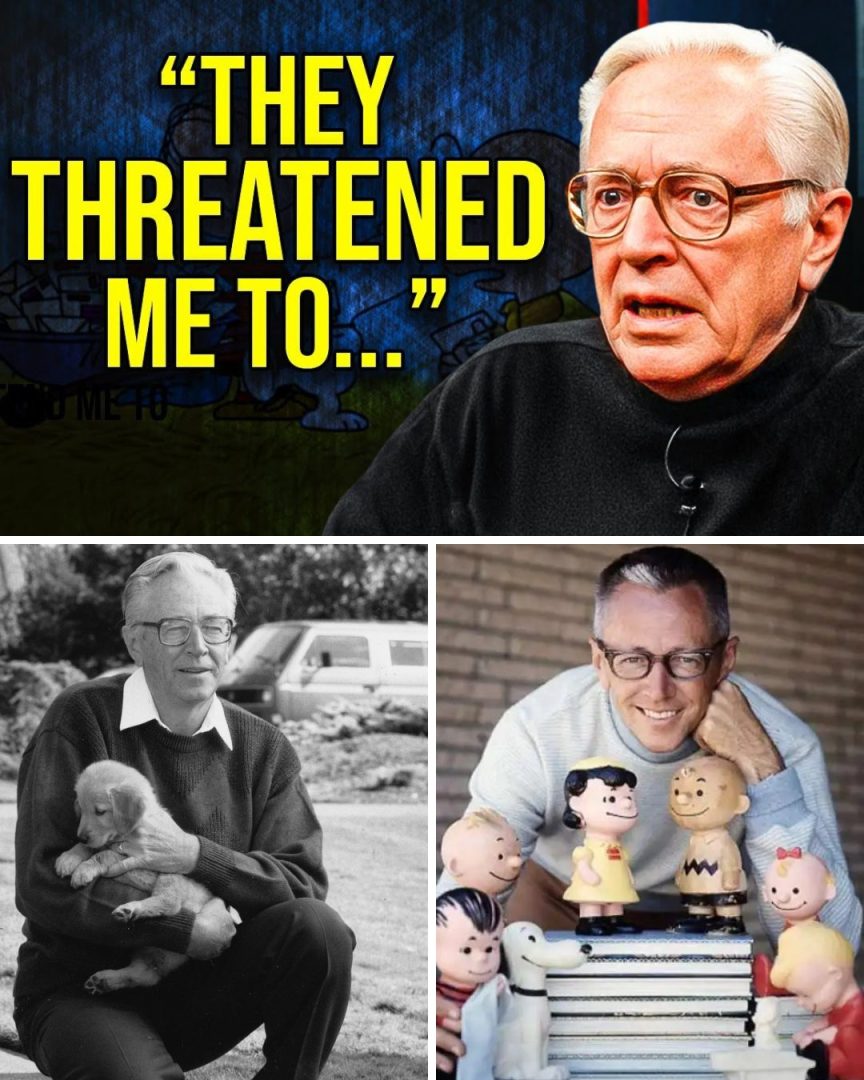Charles Schulz, the beloved creator of “Peanuts,” shattered the hearts of millions with a single phone call in December 1999. The iconic cartoonist, who had dedicated 50 years to his craft without missing a day, was found weeping in his studio, announcing to his family, “It’s over.” This devastating moment marked the end of an era, as Schulz faced a grim diagnosis of stage three colon cancer, coupled with the debilitating effects of multiple strokes that left him unable to draw.

Schulz’s journey began in Minneapolis in 1922, where his childhood experiences of hardship and loss deeply influenced his work. The Great Depression shaped his worldview, instilling a sense of fear and uncertainty that would later manifest in the melancholy of his characters, particularly Charlie Brown. His struggles with rejection and loneliness were mirrored in the lives of the “Peanuts” gang, resonating with audiences worldwide.
Despite achieving immense success, including a billion-dollar merchandise empire and beloved holiday specials like “A Charlie Brown Christmas,” Schulz grappled with personal demons. His perfectionism and the pressure of continuous creation took a toll on his health, leading to a hospitalization in the 1970s for exhaustion. However, he remained fiercely protective of his characters, refusing to allow anyone else to continue “Peanuts” after his death.
On December 14, 1999, Schulz publicly announced his retirement, overwhelmed by the realization that his ability to create had been taken from him. His final comic strip, a poignant farewell, encapsulated his lifelong struggle with identity and belonging. Schulz passed away on February 12, 2000, leaving behind a legacy that continues to touch hearts across the globe. The aftermath of his death sparked debates about the man behind the art, but the impact of “Peanuts” endures, a testament to the power of simple drawings imbued with profound meaning.





